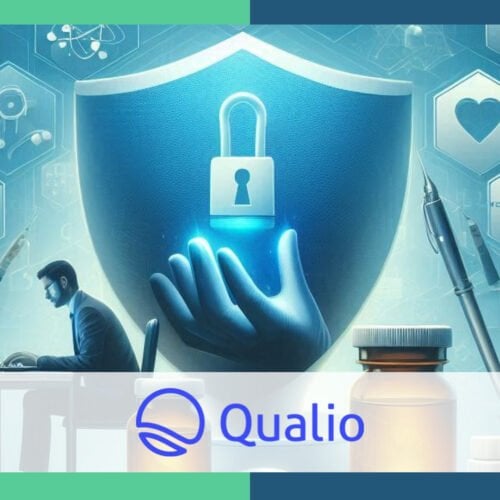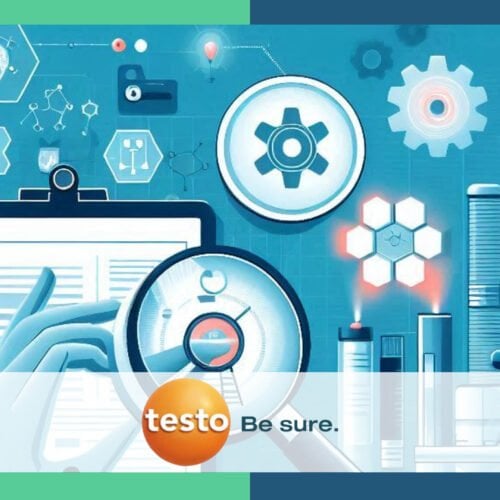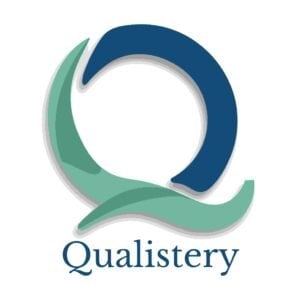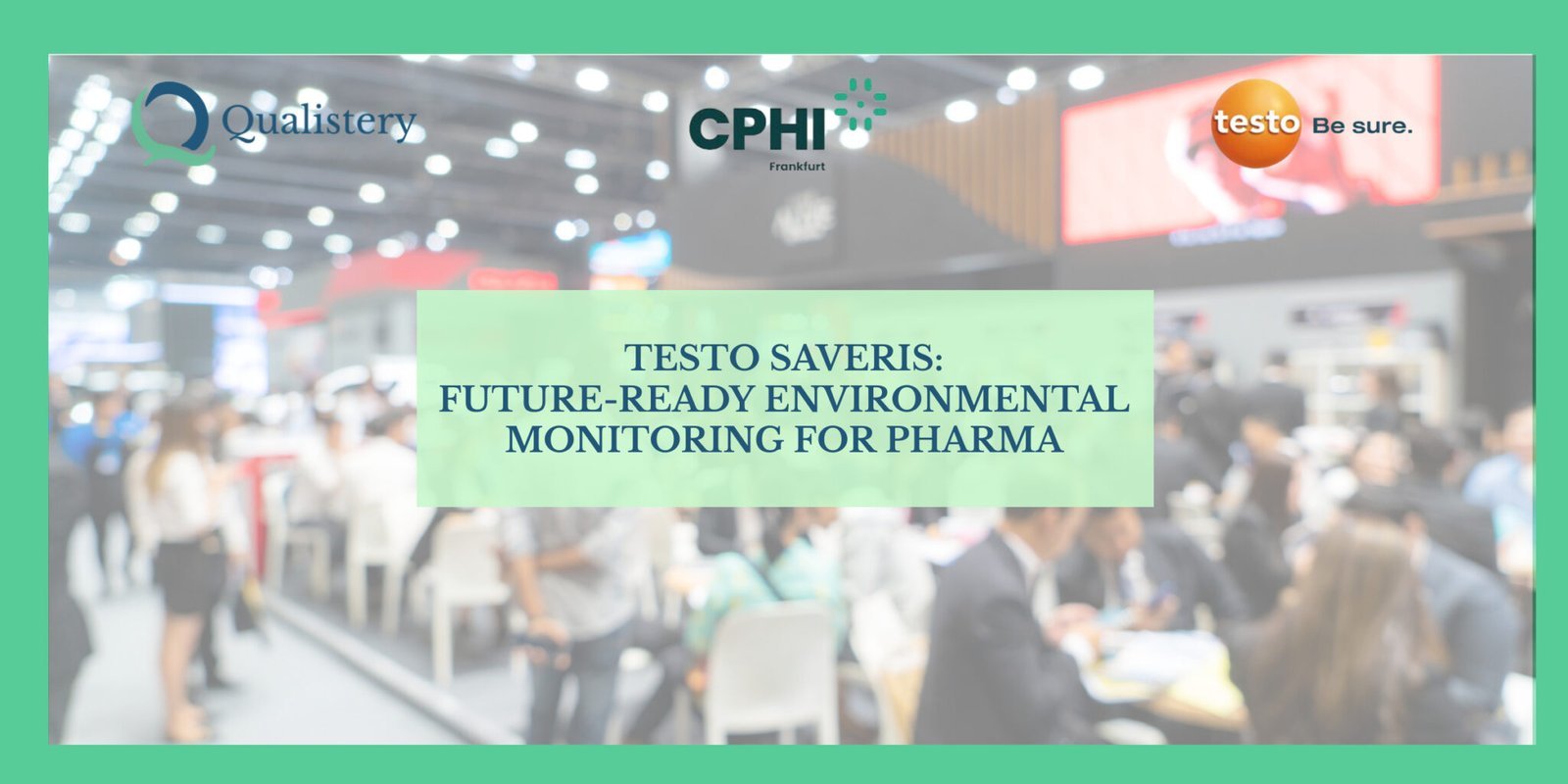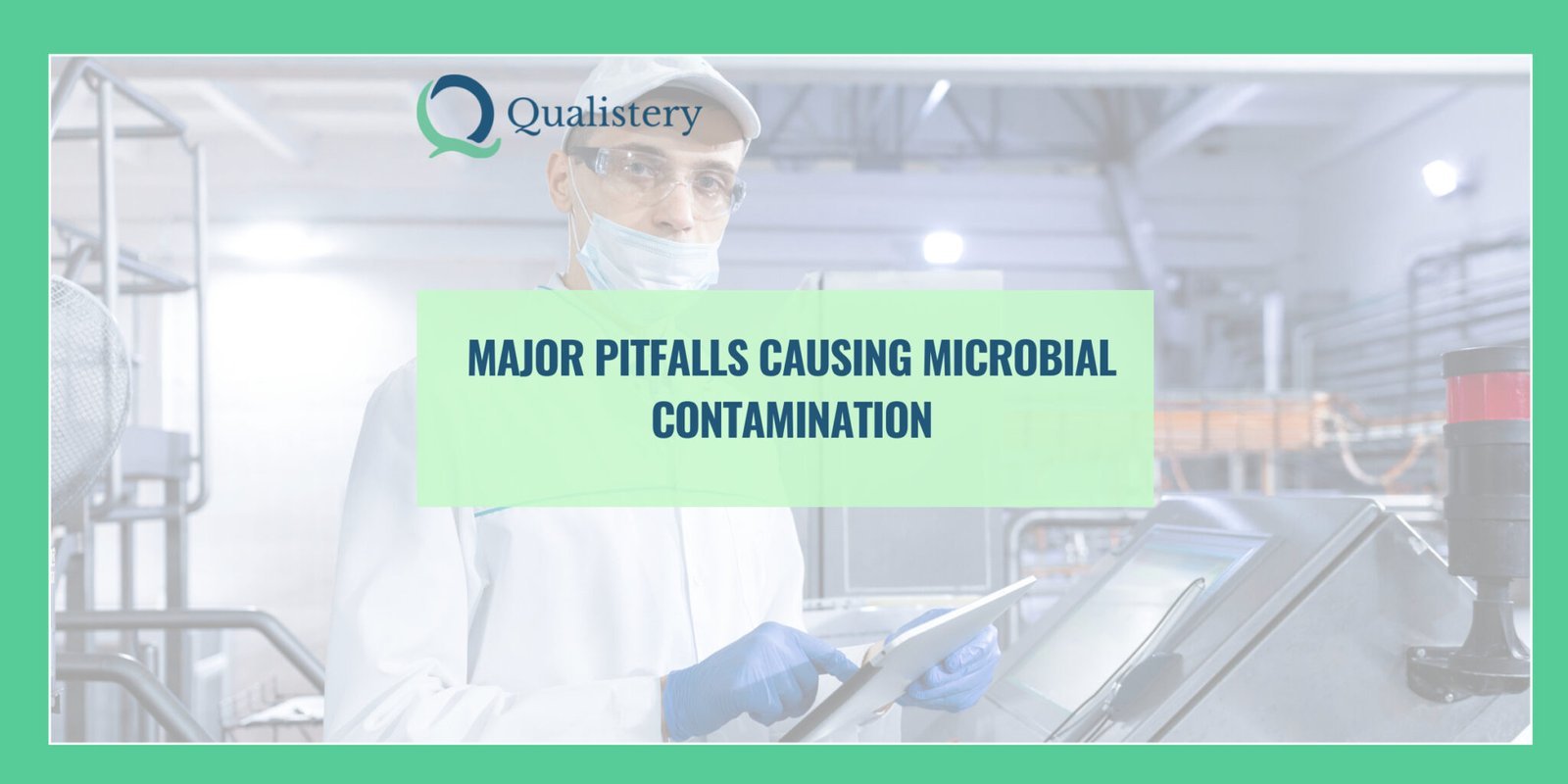Introduction
In the pharmaceutical industry, audits play a critical role in ensuring adherence to Good Manufacturing Practice (GMP) regulations. The consequences of non-compliance can be severe, including fines, penalties, and even the suspension of manufacturing operations. What’s more, audits can occur at any time, often catching auditees off guard. To help you navigate these challenges and stay audit-ready, we have compiled six common audit challenges and their solutions. By implementing these strategies, you can transform audit stress into audit success.
Challenge 1: Lack of Preparation
Inadequate preparation is a frequent hurdle when it comes to audits. This includes not fully understanding the audit process, failing to have all the necessary documentation in order, and neglecting to have the right personnel available during the audit. A lack of preparation can lead to confusion, miscommunication, and even non-compliance issues during the audit.
Solution:
To address this challenge effectively, start by preparing an “audit tour” that guides auditors through your facility in a logical order. This will help create a smooth flow for both auditors and your staff members being audited. Designate knowledgeable hosts from each department to interact with auditors and answer their questions. These hosts should be well-versed in their respective areas and capable of providing detailed information regarding processes and procedures.
It is also essential to conduct practice sessions with these hosts before the actual audit takes place. This practice will ensure that they are well-prepared and confident in their ability to communicate effectively with auditors. By adequately preparing your personnel for the audit process, you can minimize confusion and make it easier for auditors to access information they require.
Challenge 2: Non-Compliance with GMP Regulations
Non-compliance with GMP regulations is a significant audit challenge that can result in serious consequences such as regulatory actions, product recalls, and damage to your company’s reputation. GMP regulations are designed to ensure the consistent production of high-quality products. Failing to comply with these regulations not only puts patients at risk but also jeopardizes the integrity of your business.
Solution:
Before the audit, it is crucial to ensure that your facility commissioning, equipment qualification, and process validation are up to date. These processes help establish that your manufacturing facility and equipment are fit for their intended purpose and capable of producing safe and effective pharmaceutical products.
In addition, having clearly defined job descriptions and responsibilities for your personnel is essential. This ensures that everyone understands their role in maintaining compliance with GMP regulations. Updated Standard Operating Procedures (SOPs) should be available for each department and followed consistently. It is also important to ensure that all employees receive appropriate training on these SOPs to guarantee compliance.
Challenge 3: Poor Documentation
Inadequate or disorganized documentation can create complications during an audit. Auditors rely on clear evidence of compliance, often through a comprehensive review of documentation. Poorly written or incomplete documentation can lead to misunderstandings, additional questions, and may even impact the outcome of the audit.
Solution:
Maintaining proper documentation is crucial in demonstrating adherence to GMP regulations during an audit. To address this challenge effectively, start by maintaining a list of all documents subject to assessment during the audit. Key documents may include the Site Master File, Quality Manual, Validations (e.g., equipment validation and process validation), as well as important SOPs.
Having a designated area where these documents are readily accessible during the audit is essential. This ensures auditors can easily review them when required without causing delays or confusion.
Thoroughly reviewing all documentation beforehand is also vital. Remove any sticky notes or annotations that could potentially cause confusion or create doubts about compliance with GMP regulations. Ensure that all relevant fields are complete and checked to avoid any unnecessary questions or concerns during the audit process.
Challenge 4: Ineffective Communication
Miscommunication or a lack of clear communication can lead to misunderstandings during an audit. Ineffective communication can result in incorrect assumptions, non-compliance findings, and an overall negative audit experience.
Solution:
Effective communication is essential for a successful audit. It is crucial to ensure that everyone in your organization is trained on the audit process and knows how to respond to auditor’s questions appropriately.
One key aspect of effective communication during an audit is providing information only when requested. Avoid over-sharing unnecessary details that may divert auditors’ attention from the main focus areas. This helps maintain clarity and ensures auditors can concentrate on assessing compliance with GMP regulations.
Challenge 5: Understanding Your Auditors
Knowing your auditors is just as crucial as understanding the audit process itself. Auditors come from diverse backgrounds and may have different interests, which can influence their focus during the audit.
Solution:
Take the time to investigate the background and interests of your auditors before the actual audit takes place. This information can help you anticipate their questions and concerns, allowing for more effective preparation.
By understanding your auditors’ focus areas, you can tailor your preparations accordingly. For example, if an auditor has expertise in a specific area such as packaging processes, you can prioritize reviewing documentation related to packaging to ensure compliance with GMP regulations in that specific area.
Building a positive relationship with auditors based on this understanding can be advantageous as well. Welcoming them warmly, demonstrating openness to their suggestions or recommendations, and addressing any concerns they may have fosters a cooperative atmosphere that improves overall audit experience.
Challenge 6: The Power of Internal Audits
Internal audits are a powerful tool for being prepared for external audits. They provide an opportunity to identify and address issues before facing an external audit, thereby reducing the risk of non-compliance findings.
Solution:
Conducting regular internal audits is essential to assess your compliance with GMP regulations and other requirements. These audits should be conducted by independent personnel or external consultants who have expertise in auditing pharmaceutical manufacturing facilities.
Utilize the findings from internal audits to improve processes, documentation, and overall compliance with GMP regulations. By conducting these internal audits with a focus on continuous improvement and readiness for external audits, you create a culture of compliance within your organization.
Internal audits also provide an opportunity to identify training needs or knowledge gaps among your staff members. Addressing these gaps through targeted training sessions ensures that your employees are well-equipped to handle future audits successfully.
In Conclusion
In the pharmaceutical industry, audits should be viewed as opportunities rather than burdensome requirements. They offer a chance to demonstrate your commitment to quality, identify areas for improvement, and build trust with regulators, customers, and stakeholders. By implementing the six tips we have provided, you can confidently face any audit.
Remember, thorough preparation is the key to a successful audit. Embrace the audit process, overcome the common challenges discussed in this article, and turn audit stress into audit success. By addressing issues such as lack of preparation, non-compliance with GMP regulations, poor documentation practices, ineffective communication, understanding your auditors’ focus areas, and leveraging the power of internal audits, you can navigate through any audit smoothly while maintaining compliance and ensuring the highest standards of quality in pharmaceutical manufacturing.
Qualistery provides life‑science professionals with concise, practical GxP and cGMP learning through expert‑led webinars and tailored training, helping teams make safer, more compliant decisions. We deliver these sessions in partnership with trusted solution providers, combining real‑world insights and actionable guidance with targeted outreach to the right decision‑makers.


